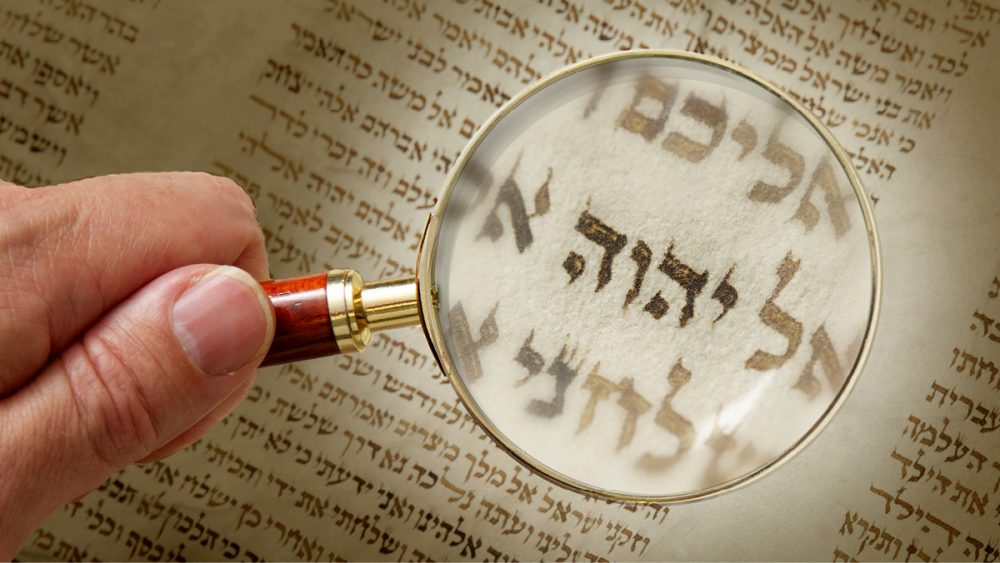Rev José Mario O Mandía
jmom.honlam.org
The second and third commandments derive from the first.
The second obliges us to respect and honor God’s name. “You shall not take the name of the Lord your God in vain” (Exodus 20:7; Deuteronomy 5:11).
How do we honor God’s name? “One shows respect for the holy Name of God by blessing it, praising it and glorifying it. It is forbidden, therefore, to call on the Name of God to justify a crime. It is also wrong to use the holy Name of God in any improper way as in blasphemy (which by its nature is a grave sin), curses, and unfaithfulness to promises made in the Name of God” (CCCC 447).
Does taking an oath or swearing go against this commandment? According to point 2150 of the CCC, “Taking an oath or swearing is to take God as witness to what one affirms. It is to invoke the divine truthfulness as a pledge of one’s own truthfulness. An oath engages the Lord’s name. ‘You shall fear the LORD your God; you shall serve him, and swear by his name’ (Deuteronomy 6:13).” Taking an oath does not go against this commandment. In itself it is a good and holy thing. Obviously, it is not good to use God’s name for trivial matters because this implies disrespect.
What the second commandment forbids is false oaths. “It is forbidden because one calls upon God who is truth itself to be the witness to a lie” (CCCC 448).
It also forbids perjury. “Perjury is to make a promise under oath with the intention of not keeping it or to violate a promise made under oath. It is a grave sin against God who is always faithful to his promises” (CCCC 449).
The third commandment specifies the way we render worship to God. “Remember the sabbath day, to keep it holy. Six days you shall labor, and do all your work; but the seventh day is a sabbath to the Lord your God; in it you shall not do any work” (Exodus 20:8-10; cf. Deuteronomy 5:12-15).
“The LORD blessed the sabbath day and declared it sacred” (Exodus 20:11) Why? “God did so because on the Sabbath day one remembers God’s rest on the seventh day of creation, and also the liberation of Israel from slavery in Egypt and the Covenant which God sealed with his people” (CCCC 450).
This “rest” does not mean not doing anything. It means stopping before the work of creation to contemplate it. The Sunday rest invites us to recall the things that God has done for us in the week just passed so we can thank Him and praise Him. “For You, O LORD, have made me glad by Your work; at the works of Your hands I sing for joy. How great are Your works, O LORD!” (Psalm 92:4-5)
For Christians the Sabbath has been changed to Sunday. “The reason is because Sunday is the day of the Resurrection of Christ. As ‘the first day of the week’ (Mark 16:2) it recalls the first creation; and as the ‘eighth day,’ which follows the sabbath, it symbolizes the new creation ushered in by the Resurrection of Christ. Thus, it has become for Christians the first of all days and of all feasts. It is the day of the Lord in which he with his Passover fulfilled the spiritual truth of the Jewish Sabbath and proclaimed man’s eternal rest in God” (CCCC 452).
So how should we keep Sunday holy? “Christians keep Sunday and other days of obligation holy by participating in the Eucharist of the Lord and by refraining from those activities which impede the worship of God and disturb the joy proper to the day of the Lord or the necessary relaxation of mind and body. Activities are allowed on the Sabbath which are bound up with family needs or with important social service, provided that they do not lead to habits prejudicial to the holiness of Sunday, to family life and to health” (CCCC 453).
It is important that society recognizes Sunday as a feast day. “It is important so that all might be given the real possibility of enjoying sufficient rest and leisure to take care of their religious, familial, cultural and social lives. It is important also to have an opportune time for meditation, for reflection, for silence, for study, and a time to dedicate to good works, particularly for the sick and for the elderly” (CCCC 454).


 Follow
Follow


